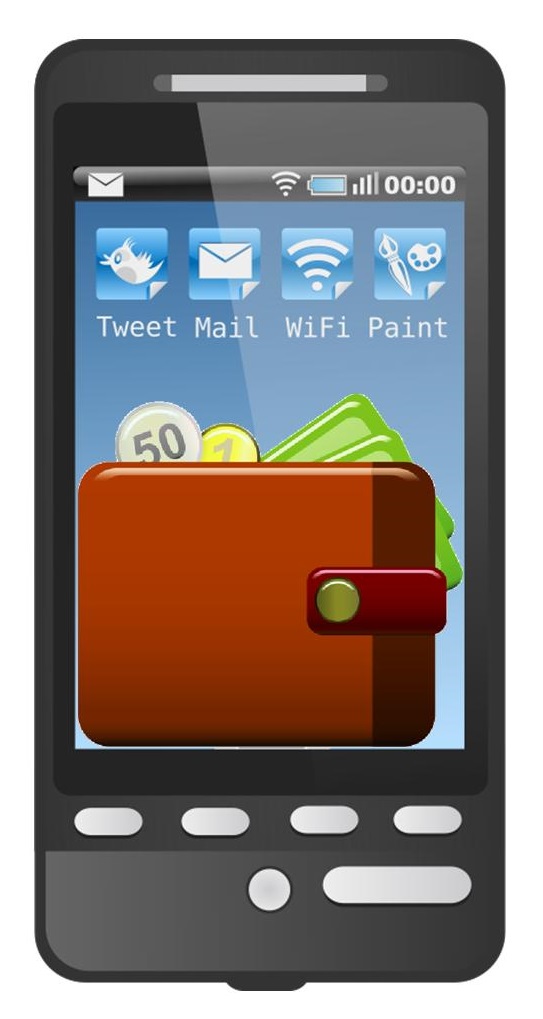Denny |
December 20, 2013
Amazon acquires GoPago
Acclaimed online retailer Amazon has announced the acquisition of GoPago, a mobile commerce firm based in San Francisco, California. Amazon has been working to establish a more formidable presence in the mobile space in recent years, aiming to compete with companies like eBay that have found a great deal of success by engaging mobile consumers. The acquisition of GoPago may provide Amazon with the extra tools it needs to overcome the competition.
Firm shows promise in the mobile sector
GoPago was launched in 2009 and is responsible for a mobile application that allows users to browse and pay for products from their smartphones. The firm later went on to specialize in point-of-sale software, developing solutions for merchants interested in engaging the mobile audience. JPMorgan Chase invested an undisclosed amount of money into the firm in February of this year, adding to GoPago’s stance in the mobile sector and attracting a great deal of attention to the firm.
Ambitious new projects may be coming in the future
 GoPago suggests that its acquisition by Amazon will open the door for ambitious new projects, but what these projects will be has yet to be announced. Amazon itself has yet to announce any new and ambitious mobile projects as the company has been somewhat heavily focused on the projects that are already underway. How GoPago will fit into the Amazon portfolio and what benefits it will bring have yet to be seen.
GoPago suggests that its acquisition by Amazon will open the door for ambitious new projects, but what these projects will be has yet to be announced. Amazon itself has yet to announce any new and ambitious mobile projects as the company has been somewhat heavily focused on the projects that are already underway. How GoPago will fit into the Amazon portfolio and what benefits it will bring have yet to be seen.
Retail mobile commerce is becoming more competitive
Mobile commerce has become quite popular in the world of retail. Several prominent companies have been investing heavily in the mobile sector in order to engage in a new generation of consumers. Currently, eBay and Amazon hold a very formidable place in the mobile retail sector. Companies like Square and Google are attracting more attention as providers of mobile commerce services and mobile wallets, however.
Report sheds light on wallet applications
Allied Market Research has released a new report that focuses on the growing value of mobile wallets. Mobile commerce has taken hold in many countries around the world, which has exposed consumers to mobile wallets. These tend to be simple applications that are designed to store a consumer’s financial information as well as digital information being provided by retailers and merchants in general. This information typically takes the form of loyalty rewards, but mobile wallets can also be used to store digital versions of tickets to events and travel passes.
Consumers may be growing more interested in wallet apps
While mobile commerce has helped boost the popularity of mobile wallet applications, the growing reliance that many people are forming on their smartphones and tablets has ensured that these applications have a strong future. Even those that are uninterested in mobile commerce can make use of these wallet applications, using them as a convenient form of storage.
Mobile wallet market to hit $50 billion by 2020
 The report from Allied Market Research predicts that the global mobile wallet market will reach $50 billion by the end of 2020, experiencing a compound annual growth rate of 127% from 2013 to 2020. The report suggests that the majority of consumers that embrace wallet applications will use these platforms to participate in mobile commerce in some manner. Notably, the report predicts that the number of NFC-based mobile wallets will increase in the coming years despite the dropping popularity of NFC in the mobile commerce field.
The report from Allied Market Research predicts that the global mobile wallet market will reach $50 billion by the end of 2020, experiencing a compound annual growth rate of 127% from 2013 to 2020. The report suggests that the majority of consumers that embrace wallet applications will use these platforms to participate in mobile commerce in some manner. Notably, the report predicts that the number of NFC-based mobile wallets will increase in the coming years despite the dropping popularity of NFC in the mobile commerce field.
Caution concerning NFC remains strong
NFC devices are becoming more abundant as device makers and mobile operators work to expose consumers to new technology. NFC had been quite popular in mobile commerce in the past, but security concerns have lead to something of an exodus away from this technology. Despite these security concerns, however, NFC devices are still finding their way to consumers, many of whom are using NFC technology simply to share digital information rather than participate in mobile commerce.
 GoPago suggests that its acquisition by Amazon will open the door for ambitious new projects, but what these projects will be has yet to be announced. Amazon itself has yet to announce any new and ambitious mobile projects as the company has been somewhat heavily focused on the projects that are already underway. How GoPago will fit into the Amazon portfolio and what benefits it will bring have yet to be seen.
GoPago suggests that its acquisition by Amazon will open the door for ambitious new projects, but what these projects will be has yet to be announced. Amazon itself has yet to announce any new and ambitious mobile projects as the company has been somewhat heavily focused on the projects that are already underway. How GoPago will fit into the Amazon portfolio and what benefits it will bring have yet to be seen.
 The report from Allied Market Research predicts that the global mobile wallet market will reach $50 billion by the end of 2020, experiencing a compound annual growth rate of 127% from 2013 to 2020. The report suggests that the majority of consumers that embrace wallet applications will use these platforms to participate in mobile commerce in some manner. Notably, the report predicts that the number of NFC-based mobile wallets will increase in the coming years despite the dropping popularity of NFC in the mobile commerce field.
The report from Allied Market Research predicts that the global mobile wallet market will reach $50 billion by the end of 2020, experiencing a compound annual growth rate of 127% from 2013 to 2020. The report suggests that the majority of consumers that embrace wallet applications will use these platforms to participate in mobile commerce in some manner. Notably, the report predicts that the number of NFC-based mobile wallets will increase in the coming years despite the dropping popularity of NFC in the mobile commerce field.